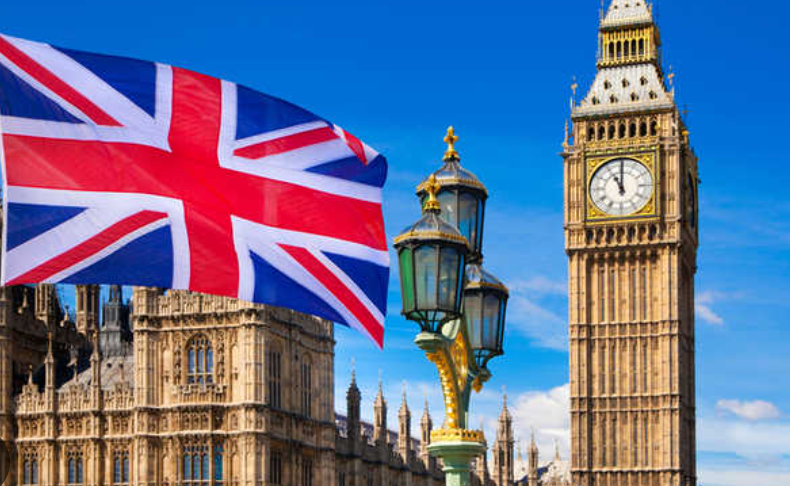#UKInflation #EconomicTrends #FoodPrices #FuelPrices #InflationData #ConsumerPrices #EconomistsExpectations #FinancialMarkets
In the latest update that has caught the attention of economists and financial markets alike, UK inflation showed a notable decline, setting at 3.4% in February. This figure represents the lowest inflation rate the country has seen since September 2021, marking a significant downturn from the 4% rate observed in January. This development is a clear indication that the trend towards easing inflation is continuing, especially within sectors such as food, restaurants, and cafes, which have seen significant cost reductions.
The decrease in inflation comes as a surprise to many, falling below economists’ initial forecasts. It indicates a broader economic trend that might suggest relief for consumers who have been grappling with the high cost of living. Specifically, the costs associated with food and non-alcoholic beverages have increased at the slowest annual pace recorded since January 2022. This is a pivotal moment, highlighting the eleventh consecutive month of decelerating inflation rates from a staggering 45-year peak observed in March 2023.
However, it’s not all good news. Certain sectors, notably housing and fuel, have seen prices that continue to exert upward pressure on the overall inflation rate. This mixed picture suggests that while significant strides are being made towards controlling inflation, certain areas remain problematic, contributing to the complexity of the UK’s economic recovery landscape.
The implications of this data are far-reaching, potentially influencing policy decisions by the Bank of England, consumer confidence, and investment strategies within the financial markets. As the UK navigates this period of easing inflation, all eyes will be on the various sectors that could either bolster the trend towards recovery or present new challenges in the face of an ever-evolving economic environment.







Comments are closed.